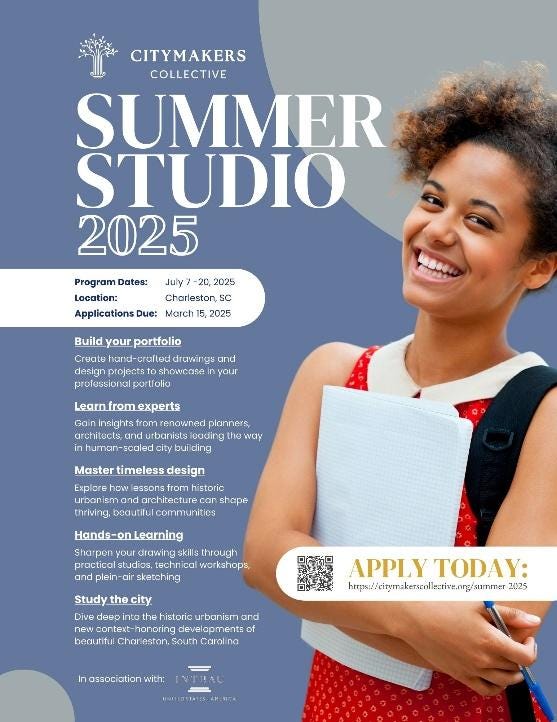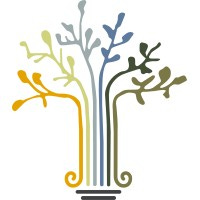Filling The Urbanist Education Gap
Will McCollum explains why he is launching a movement this summer in Charleston to train the next generation of Citymakers
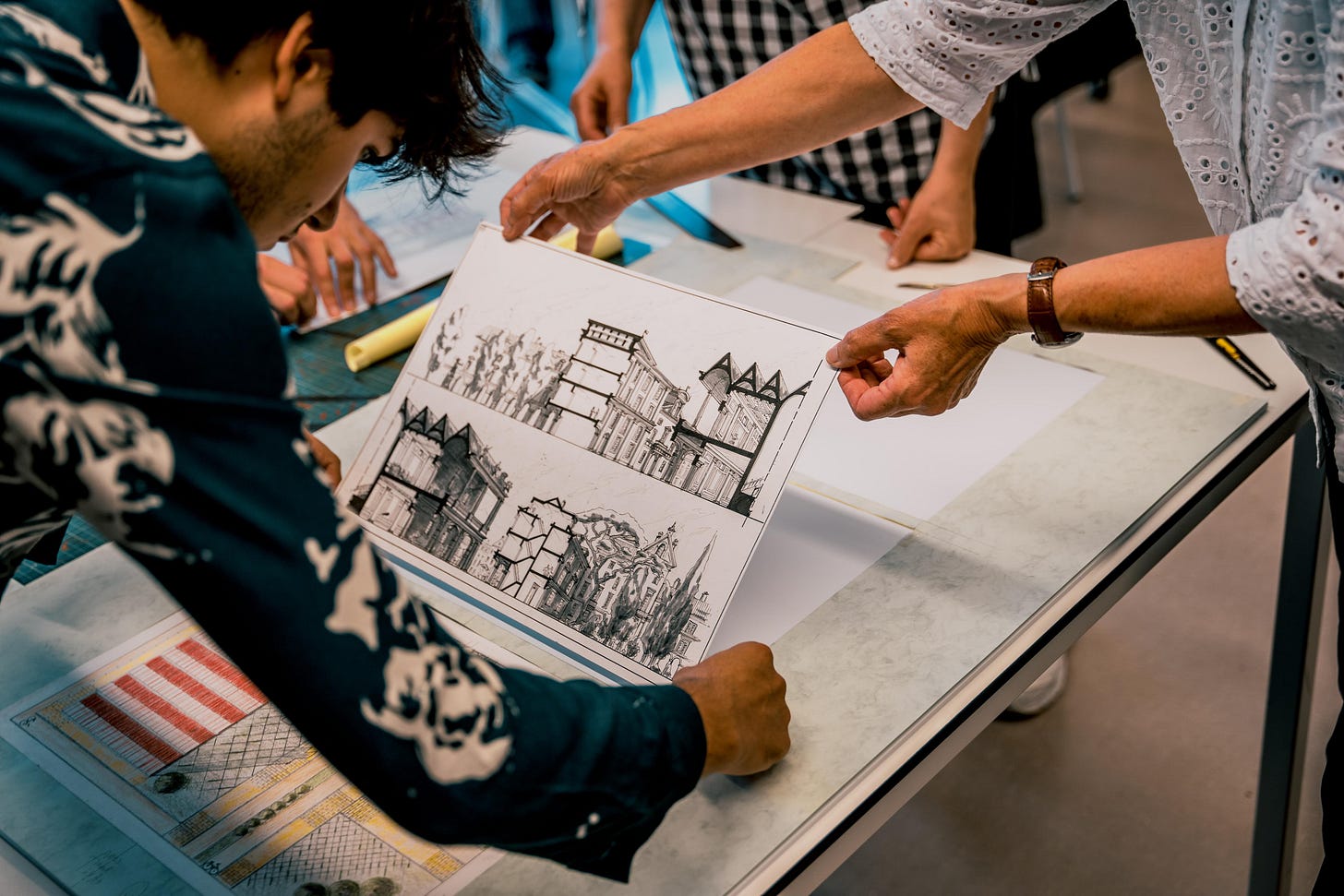
The keys to solving our housing crisis, climate challenges, and growing social isolation all lie in the way we design our cities. This summer, 24 students of all ages will journey from across the world, gathering in Charleston, SC to uncover the secrets of creating thriving urban spaces.
From July 7 through 19, these students will learn how to build resilient, beautiful, and prosperous places from industry leaders and academic specialists. While courses on net-zero construction and real estate investment abound, structured education on creating human-centered urbanism is strikingly absent. This gap is even more stark when looking at opportunities for students and young professionals. I know this far too well, as my own journey to understanding urbanism was not straightforward.
In 2008, on a mission to sharpen Spanish speaking skills, my high school class ventured across the Atlantic. After shuffling through airports, shuttling on buses, and scurrying to our hotels, we arrived at Toledo, the first stop of our language immersion trip. As the medieval gates of the city emerged in front of me, I could feel a subtle shift. I stepped through the towering gates of Toledo and basked in what I knew to be a sacred moment. This was my first true taste of historic urbanism - of how communities were once built - and I was witnessing something divine. With the zeal of a fresh convert, I frantically combed through narrow pedestrian corridors and lively plazas. Never in my life had I imagined that people could live in a place like this. Where were the cars? The strip malls? The front yards? I couldn’t make sense of it, but I knew my soul was soaring.
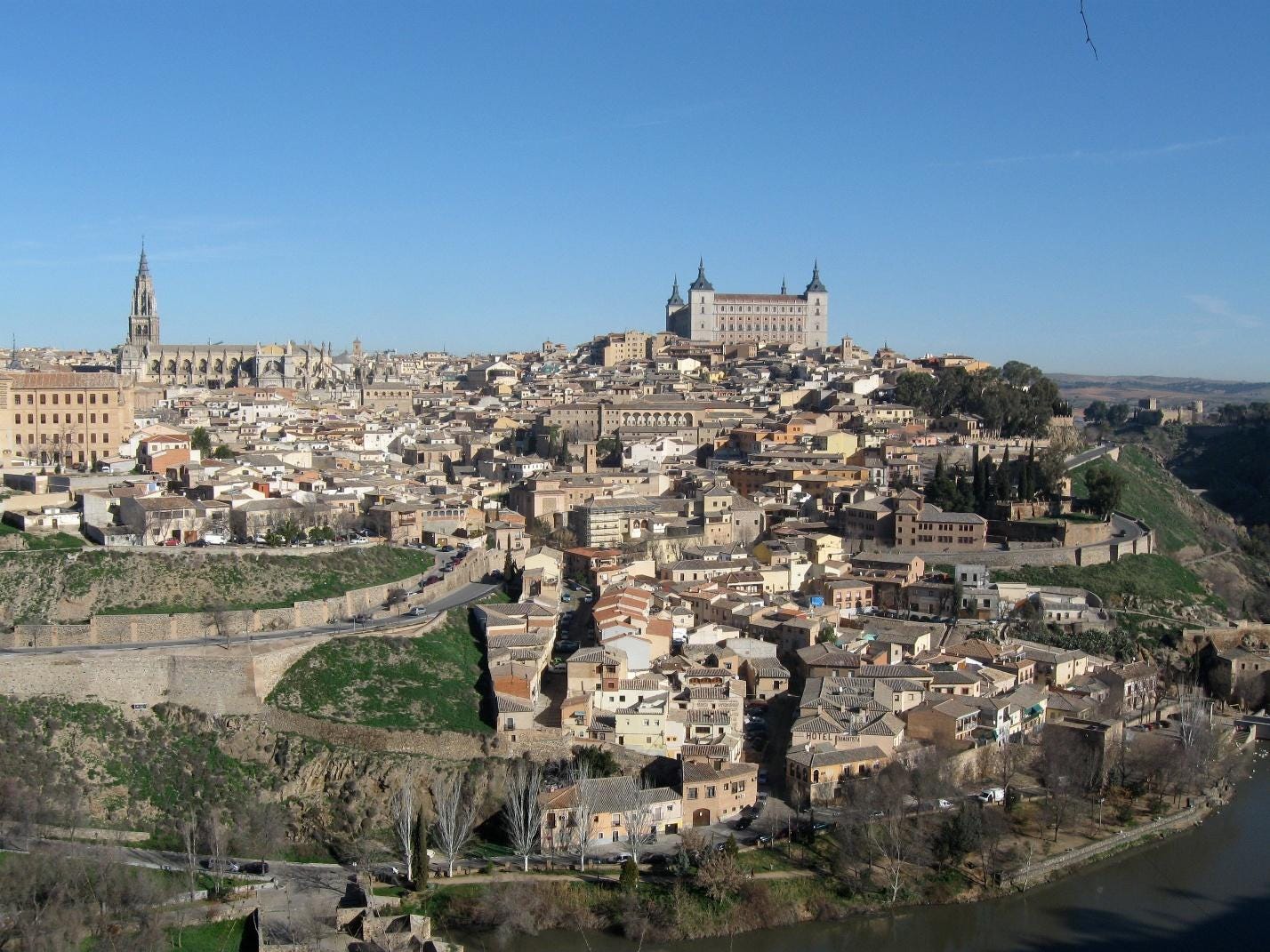
Just one week of wide-eyed journeys through a parade of urban spaces changed the course of my life. I may not have returned home fluent in Spanish (lo siento Señora Vasconcelos), but just six months later, I was applying to several undergraduate architecture programs to make the design of cities my profession. There was much to learn. I took classes in everything from the conventions of drafting plans to the science of how buildings stand up. Design studio became my second home, where I spent late nights in studio exploring ideas and making jokes with friends. For a few semesters, I was even able to trek across the globe through my program, studying the design of cities on three continents. I was doing everything I could to get a well-rounded education, but something was still not quite coming together. Regardless, I was on my path and I followed through, graduating with two degrees in architecture and one in real estate development.
It took many years for me to unravel the disconnect I felt in school. I now know that these programs taught how to craft artistic narratives and assemble the various parts of a building, but none were grounded in the values that make strong communities. In fact, I only had one class in six years of studies that even addressed the design of cities; it was taught as a history class, divorced from the way we build today. I must admit, I was lost when I graduated. Was I going to enjoy working as an architect? How could I make the kinds of spaces I experienced in Toledo if none of my schooling even mentioned urbanism?
To my surprise, the fog in my mind cleared quickly after graduating. After a desperate 6 months of job searching during the tail end of the last recession, I experienced the greatest bout of luck I have experienced: I stumbled into an internship with Lew Oliver. Within weeks of apprenticing alongside such an experienced urbanist, unconscious contradictions between my schooling and my experiences were exposed. The values of life and community that I held were being given real, tangible form. I began to devour everything I could about new urbanist theories, pedestrian cities, and how to design places we love. I travelled anywhere I could that exhibited great urban design. Very quickly, Lew began involving me in large and exciting projects, where I began relearning how to design and think about urban spaces. In everything from designing for small urban infill sites to laying out the masterplan of Trilith, Lew threw me into the fire. The passion that had slowly faded throughout my education had been reignited.
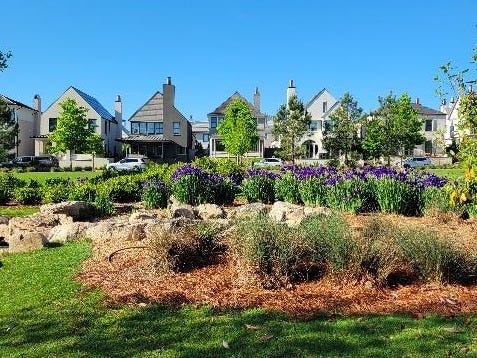
I now realize that this clarity came from seeing community values take physical form under the guidance of a master. Design is not simply a channel for creativity to be unleashed - it is an avenue to advocate for a better way of living. Community is not easily built or maintained in the isolation of the half-acre suburban lots choking Atlanta. Thriving is not a word you could use to describe sitting in traffic for hours on end each day. Inspiration is not easily found in the monotony of corporately developed 5-over-1 apartment buildings. There are much better ways of living, the design of our communities has significant impacts on our daily lives, and we can build a better world.
I was not alone in this journey – speak to any New Urbanist and they will have a similar winding path to clarity. The creation of Citymakers Collective and our inaugural Summer Studio is rooted in our team's desire to give others an easier path than we had. All of us involved have had similar experiences and want to provide a foundation for urbanist thinking to give the next generations a head start. We are curating resources and experts across all corners of urbanist professions to teach the principles of designing beautiful, resilient, and prosperous places – and in collaboration with INTBAU USA, we are creating programs to teach how to create better environments for people. Unlike most contemporary design programs, the Citymakers Summer Studio has been structured with our values at the base, blending theory, historic examples of loved spaces, and hands-on application. Participants will learn not just how to create spaces, but how to create lasting urbanism that fosters connection, resilience, and pride. By equipping the next generation of urbanists with the tools to design thriving communities, we’re not just shaping careers – we’re shaping the future of our cities.
Applications for the Citymakers Summer Studio will close on March 15. Don’t miss this opportunity to join a movement reshaping the future of our cities. Visit https://www.citymakerscollective.org/summer-2025 to apply or reach out to us at team@citymakerscollective.org to learn more.
Will McCollum is a registered architect who has been working alongside celebrated urbanist Lew Oliver since 2015 to create meaningful and beautiful communities across the United States. He currently serves as Vice President for CNU Atlanta.

